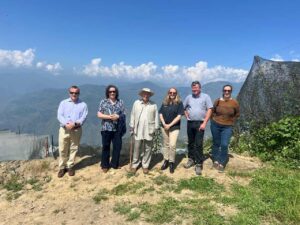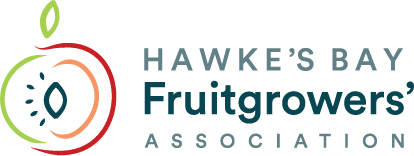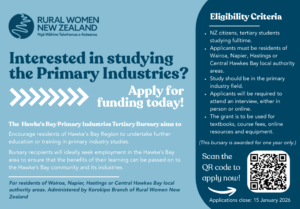
New Zealand Apples and Pears CEO Karen Morrish reflects on a very special highlight from 2025, attendance at World Food India and a milestone delegation to India’s Himachal Pradesh region.
Last week was World Apple Day. While not particularly well-timed for us here in Aotearoa, it does offer a fantastic opportunity to reflect on that season that was.
New Zealand’s 2025 harvest delivered exceptional, high-quality fruit, abundant yields and a prosperous export season. It was exactly what our industry needed, at exactly the right time.
It also offered milestone opportunities for the future of New Zealand’s pipfruit industry.
New Zealand Apples and Pears’ inaugural attendance at World Food India in late September and our subsequent industry delegation to the Himachal Pradesh region in northern India, was one such opportunity.
At World Food India, NZAPI joined New Zealand Trade and Enterprise, New Zealand Institute for Bioeconomy Science and other sector groups at the New Zealand Pavillion, where our Partner Country status gave us excellent profile and multiple touch points with the Indian Government.
As New Zealand Inc, we showcased our expertise in food innovation, production, processing and safety, our delicious produce itself and crucially, our manaakitanga (hospitality and generosity) to all who visited. We spoke on panel discussions and enjoyed wide-ranging discussions with interesting folk from the full spectrum of industry.
Our subsequent delegation to Himachal Pradesh followed decades of collaboration between New Zealand and Indian apple and pear growers (our partnership dates back to the World Bank Apple Industry Development Project in 1990s). However, despite our extended history, this visit was distinctly future focused for both nations.
We quickly discovered that despite our differences in scale, our goals were aligned – improve orchard gate returns, increase productivity and yields, and critically, ensure we leave a sustainable industry for generations to come.
This shared vision was reaffirmed time and again throughout our two weeks in India, with cooperation and collaboration identified as cornerstones of our relationship both now and in the future.
Back on New Zealand soil, ideal winter and spring conditions have delivered early indications of a positive harvest in 2026. Of course, it will undoubtedly come with its own twists and turns and lessons to be learned.
However, we now look at these lessons with an additional lens. It’s not just what can New Zealand growers learn as a result? But what can we all learn about the future of fruit production and the challenges we face both here and across the globe?





